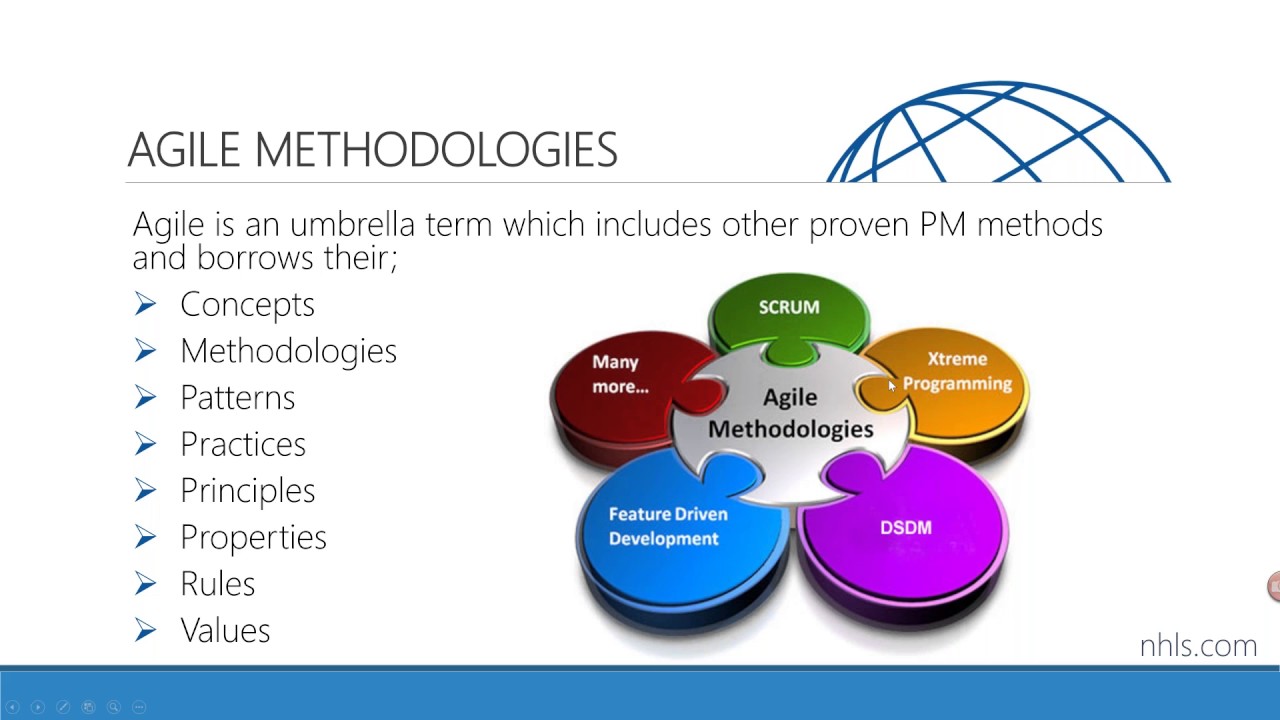Benefits of Agile Project Management
Agile project management has gained significant popularity in recent years due to its ability to adapt to changing requirements and deliver projects more efficiently and effectively. In this article, we will explore the various benefits of agile project management and how it can help organizations achieve success.
Enhanced Flexibility
One of the key advantages of agile project management is its flexibility. Traditional project management methodologies often follow a rigid and linear approach, where requirements are defined upfront and changes are difficult to accommodate. However, agile methodologies embrace change and allow for continuous adaptation throughout the project lifecycle.
By breaking the project into smaller iterations or sprints, agile project management enables teams to respond quickly to changing business needs and market demands. This flexibility ensures that the final product meets the evolving requirements of stakeholders and delivers maximum value.
Improved Collaboration
Agile project management promotes collaboration among team members, stakeholders, and customers. It emphasizes the importance of frequent communication and close cooperation to ensure everyone is aligned toward achieving project goals.
Through daily stand-up meetings, regular feedback sessions, and collaborative decision-making, agile teams can identify and resolve issues promptly. This collaborative environment fosters creativity, innovation, and shared ownership, resulting in higher-quality deliverables.
Early and Continuous Delivery
Unlike traditional project management approaches, agile methodologies prioritize early and continuous delivery of working software or products. By delivering increments of the project at regular intervals, stakeholders can provide feedback early in the process, allowing for course corrections and improvements.
This iterative approach reduces the risk of developing a product that does not meet customer expectations. It also enables organizations to release minimum viable products (MVPs) to the market faster, gaining a competitive advantage and validating assumptions earlier.
Increased Customer Satisfaction
Agile project management places a strong emphasis on customer satisfaction. By involving customers throughout the project lifecycle, agile teams can better understand their needs, expectations, and preferences.
Regular customer feedback and involvement in the development process ensure that the final product aligns with its vision and delivers the desired value. This customer-centric approach enhances satisfaction levels and builds stronger relationships between organizations and their customers.
Greater Adaptability to Change
In today’s fast-paced business environment, change is inevitable. Agile project management equips organizations with the ability to adapt quickly and effectively to changes in the market, technology, or business landscape.
Through continuous planning, regular retrospectives, and a focus on delivering value, agile teams can identify and respond to emerging opportunities or challenges. This adaptability allows organizations to stay ahead of the competition and seize new business opportunities.

Agile project management offers numerous benefits for organizations looking to deliver projects more efficiently and effectively. Its flexible nature, emphasis on collaboration, early delivery, customer satisfaction, and adaptability make it a powerful approach for achieving success in today’s dynamic business world.
Frequently Asked Questions about the Benefits of Agile Project Management
1. What is agile project management?
Agile project management is an iterative and flexible approach to managing projects that focuses on delivering value to the customer in small increments.
2. What are the main benefits of agile project management?
The main benefits of agile project management include increased flexibility, improved collaboration, faster delivery of products, and better adaptability to changing requirements.
3. How does agile project management improve flexibility?
Agile project management allows for frequent feedback and adjustments, enabling teams to respond quickly to changes and prioritize tasks based on customer needs.
4. How does agile project management enhance collaboration?
Agile project management promotes regular communication and collaboration among team members, stakeholders, and customers, leading to improved understanding, teamwork, and problem-solving.
5. How does agile project management enable faster product delivery?
By breaking down the project into smaller, manageable tasks and delivering working increments, agile project management ensures that products are delivered more quickly and frequently.
6. Can agile project management help with changing requirements?
Yes, agile project management embraces change and allows for flexibility in adapting to evolving requirements, ensuring that the final product meets the customer’s needs.
7. Does agile project management reduce project risks?
Yes, agile project management reduces risks by continuously monitoring progress, identifying issues early on, and implementing corrective actions promptly.
8. How does agile project management improve customer satisfaction?
Agile project management involves regular customer feedback and involvement, ensuring that the final product meets their expectations, leading to higher customer satisfaction.
9. Can agile project management improve team productivity?
Yes, agile project management promotes self-organizing teams, empowers individuals, and provides clear goals, leading to improved productivity and motivation.
10. Are there any industries that benefit the most from agile project management?
Agile project management can benefit various industries, including software development, IT, marketing, manufacturing, and any other industry that requires flexibility and adaptability in project execution.




